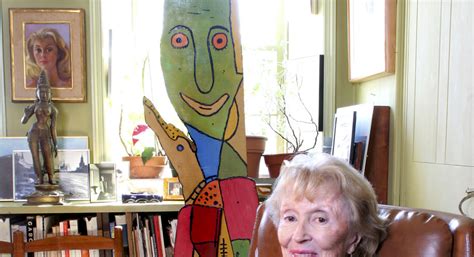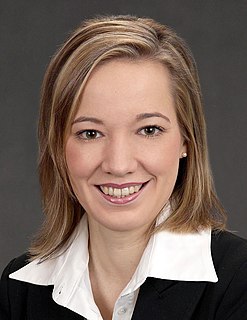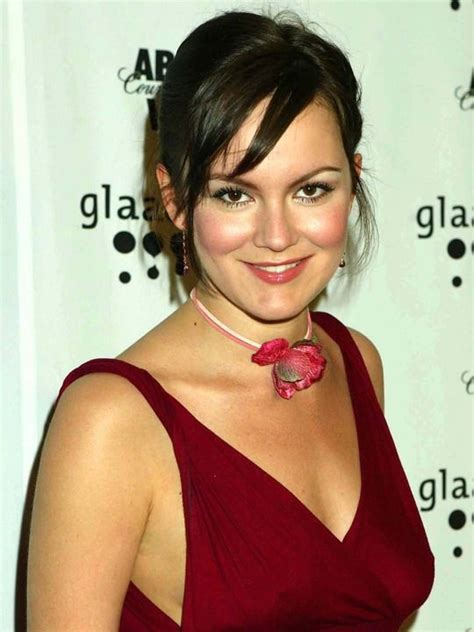A Quote by Malcolm Muggeridge
One of the great weaknesses of the progressive, as distinct from the religious, mind, is that it has no awareness of truth as such; only of truth in terms of enlightened expediency. The contrast is well exemplified in two exact contemporaries - Simone Weil and Simone de Beauvoir; both highly intelligent and earnestly disposed. In all the fearful moral dilemmas of our time, Simone Weil never once went astray, whereas Simone de Beauvoir, with I am sure the best of intentions, has found herself aligned with apologists for some of the most monstrous barbarities and falsehoods of history.
Quote Topics
Aligned
Am
Astray
Awareness
Best
Both
Contrast
Dilemmas
Distinct
Earnestly
Enlightened
Exact
Expediency
Fearful
Found
Great
Herself
Highly
Highly Intelligent
History
Intelligent
Intentions
Mind
Monstrous
Moral
Moral Dilemma
Most
Never
Once
Only
Our
Our Time
Progressive
Religious
Some
Sure
Terms
Time
Truth
Two
Weaknesses
Well
Whereas
Related Quotes
The thing to remember about love affairs," says Simone, "is that they are all like having raccoons in your chimney." ... We have raccoons sometimes in our chimney," explains Simone. And once we tried to smoke them out. We lit a fire, knowing they were there, but we hoped the smoke would cause them to scurry out the top and never come back. Instead, they caught on fire and came crashing down into our living room, all charred and in flames and running madly around until they dropped dead." Simone swallows some wine. "Love affairs are like that," she says. "They are all like that.
































